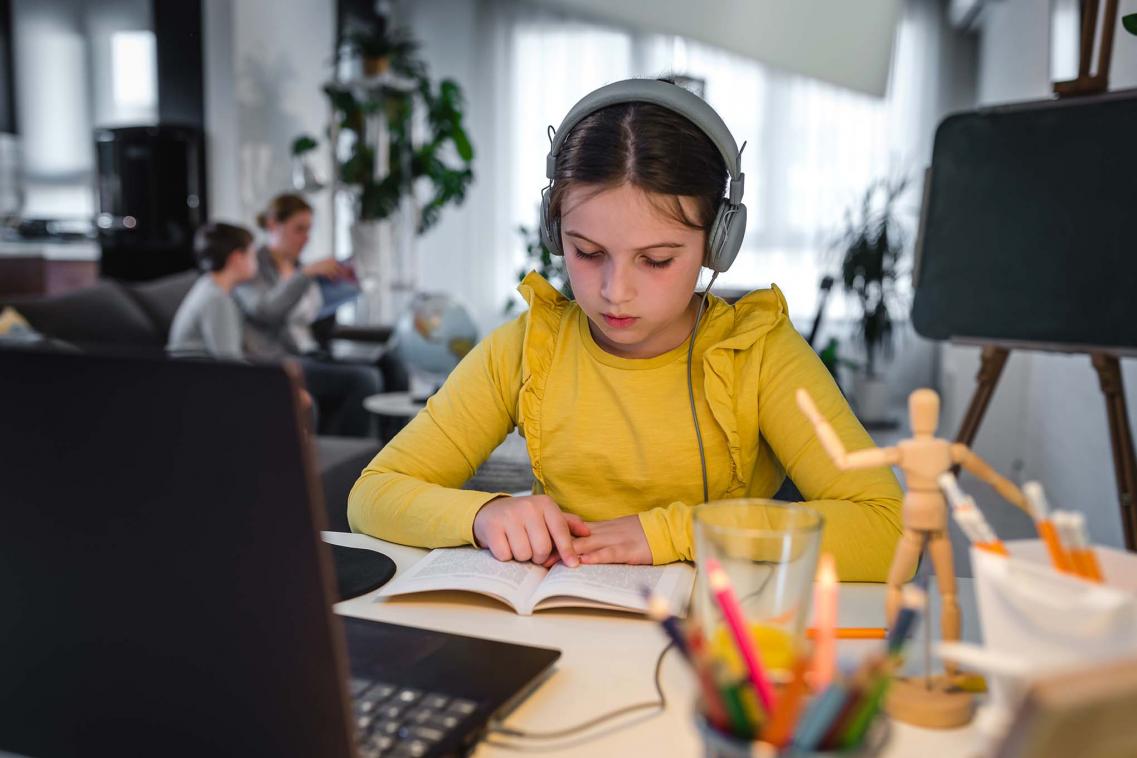Comment
With no vaccination available, scientists recommend non-pharmaceutical interventions – in particular, handwashing, social distancing, and the shielding of elderly and vulnerable groups – as the only feasible way of suppressing the spread of COVID-19, and lessening its mortality rate. Such measures, when extensively and strictly enforced, appear to have been effective in stemming the spread of the virus in South Korea and China, and there are promising early signs of their effectiveness in Italy too.







































